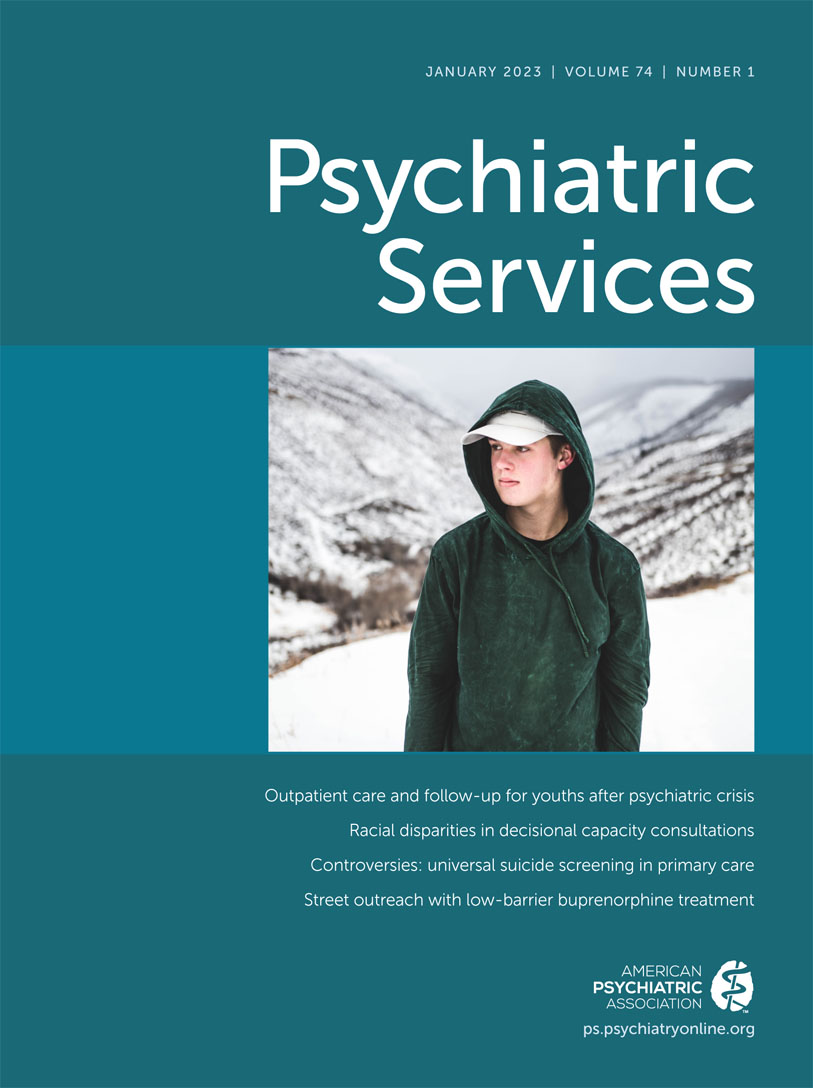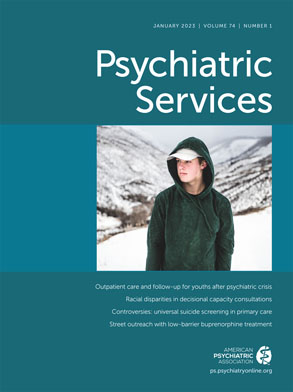The truth is, once you’ve considered suicide, it always remains a possibility.
It’s been more than 15 years since I spent a week in a psychiatric unit. I don’t think about suicide daily, like I used to. But it is always there, like a long-ago lover lurking in the back of my mind, waiting to come out when I’m particularly sad or tired or stressed—or when I feel like a failure as a mother, a sister, a wife, a writer.
I know—I’m pretty sure—I will never kill myself. But I don’t know that I wish to be rid of the possibility. I want that lover to always be there, available to me, ready to relieve me of the burden of living.
Now, years later, I never really know whether I have been cured of my depression, or even whether that’s possible. I perform a constant dance of noticing when I am getting too close to the edge of that dark, endless hole, stepping back, boosting my self-care regimen, and perhaps changing my medications. Every now and then, my secret lover comes back to visit.
I was not the first person in my family to contemplate suicide. My sister P. took pills twice—the first time as a freshman at the University of Wisconsin, after she had just broken up with her boyfriend, and the second time at our childhood home the next summer. Our brother D. found her. He had called and P. answered the telephone but was incoherent. He rushed home and took her to the emergency department.
Dad’s voice cracked on the telephone when he called me at college. “She wouldn’t have answered the telephone if she wanted to die, would she? She didn’t really want to die?” As if he was seeking my reassurance. I didn’t know.
When I went home the following weekend, we gathered around the kitchen table—Dad, my brother, and me. Dad’s shoulders slumped. Black circles shadowed his eyes. He looked like an old, beaten man.
“Don’t you kids ever disappoint me,” he said. “That’s what I’m living for.”
I put my hand on his arm. “I won’t disappoint you. I promise.”
This was all before I considered succumbing to the lure of suicide and then spent a week in the hospital. Dad was dead by then. I was glad he wasn’t alive to be disappointed in me.
Years later, my roommate K. went into her dark bedroom with pills, a plastic bag, and a rubber band. The next morning, my other roommate and I pounded on her locked door. Somehow, drowsy and disoriented, K. pulled the bag off her head and let us in.
I helped her to her bed and sat down beside her. She started scooching toward the edge; I put out an arm to stop her from falling.
“What is it you want?” I asked.
She looked toward the floor beside the bed. I followed her gaze and saw the plastic bag crumpled in the silver wastebasket, the white rubber band on the floor. I found out later that K. had gotten instructions from a book called Final Exit: The Practicalities of Self-Deliverance and Assisted Suicide for the Dying. I think she really did want to die.
A police officer came into the room and stood near the door as we waited for the ambulance. “This usually works,” he said.
What if K. hadn’t unlocked the door? What if D. hadn’t called P. in time?
I wonder now whether Dad would have been disappointed in or ashamed of me if he had been alive when I decided to bring my depression out of the shadows. In the Midwest culture in which I grew up, there was not even a name for what I now realize my mother and grandmother experienced. One didn’t talk about such things. I was ashamed for so long to admit publicly that I had been diagnosed as having major depressive disorder. The first time I spoke openly about depression, more than a year after I left the hospital, was in a sermon I gave at the Unitarian Universalist church where I had been a member for several years. My fellow Unitarians only knew me as a professional, competent person who served on committees and did publicity for the church. I had kept my depression a secret, like the many secrets I had learned to keep in my childhood.
My friend Bill was wearing a cast the Sunday that I gave my sermon. He had broken his leg skiing. I said that I wished I, too, had a broken leg, because then people could see, by the cast, that I was injured but now healing. Most of all, they and I would know that I would be completely well when the cast came off. In contrast, I don’t ever know when or whether I have recovered from depression.
My week in the psychiatric unit of the hospital was a gift. It forced me to focus on nothing but myself and getting well. More important, it helped me realize that there is nothing shameful about being depressed and needing help and that part of getting well was to not hide who I was. Depression is part of me—but it isn’t all of me.
I also talked, in my sermon, about how yoga has been a crucial part of learning to cope with depression. I don’t mean that yoga cures depression; I also do therapy and take medications. But yoga, which I only discovered in my fifties, has become an important part of my self-care.
When I was in the depths of depression, I could see only myself, alone, at the precipice of a round, black hole with no bottom. No one understood. No one could help. I felt as if I were clinging to the edge of the hole, my fingernails digging into hot, crumbling sand, my body dangling from tired, aching arms. I was exhausted from holding on, but if I let go then I would slide into the abyss. Sometimes, I was tempted to let go.
Even now, that hole is always there, but I can avoid it most of the time. Sometimes, I walk closer, drawn to it, and peer over the edge. I see an unending spiral of darkness. I back away.
Yoga reminds me that I am not alone. It has helped me recognize that my mind and body are not distinct and separate but rather one unified whole. Yoga allows me to pause and listen to what my body is telling me—to really listen to information that was always there but that I had not known how to access. By knowing and trusting my body, I have also gained more confidence in my judgment and in my ability to act in ways that are wise and that benefit me and others.
Beyond experiencing the unity within myself, I have come to feel connections with others and, dare I say it, with the divine. Not in every yoga practice; not every day. But I know if I continue to practice, there will be moments of life-affirming connections within myself, with my fellow yogis, and with all humankind. I do not have to face that dark hole alone.
Do K. or P. still feel the seduction of suicide? Many years have passed, and both seem to be doing well. I have never told them that, after all this time, my lover occasionally returns. We are both older and the attraction has cooled. He is not so persistent, and I am not so easily swayed. But the lure is there—of giving up, letting go, finally resting.
I wonder what happened to K.’s book. I’ve thought of buying a copy to read about the various ways one can attempt suicide—but I’m afraid that my lover lurks among its pages. Better to keep that book closed.

